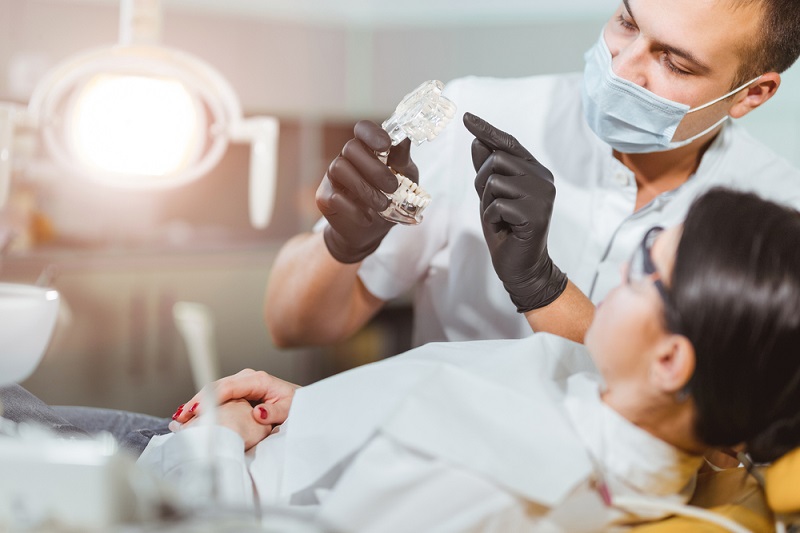A Mysterious Lung Disease Is Striking Virginia Dentists

A mysterious lung disease is striking dentists in Virginia, according to a new report.
So far, health officials have identified nine dentists or dental workers who were diagnosed with the disease, called idiopathic pulmonary fibrosis, all of whom were treated at the same specialty clinic in Virginia, according to the report, from the Centers for Disease Control and Prevention (CDC). The disease is often fatal: Of the nine cases, seven have died, the report said.
Overall, dentists made up 1 percent of idiopathic pulmonary fibrosis cases seen at the clinic. But that's still a strikingly high rate — it's 23 times higher than what would be expected based on the number of dentists in the U.S. population. [11 Surprising Facts About the Respiratory System]
And the cause of the disease still isn't clear.
However, health officials are following some leads: It's possible, for example, that the dentists were exposed to something on the job that might have increased their risk of the disease, the researchers said.
Idiopathic pulmonary fibrosis is a progressive disease that occurs when tissue deep in the lungs becomes thick and stiff, or scarred, according to the National Heart, Lung and Blood Institute. This scarring prevents the lungs from working properly. Doctors don't know the cause of the disease — by definition, "idiopathic" means "arising spontaneously or from an obscure or unknown case," according to Merriam-Webster — and there is no cure. In many cases, people with the disease live only about three to five years after their diagnosis, the CDC said.
Although the disease has been linked with certain jobs that involve exposure to dust, wood dust and metal dust, the new report marks the first time that researchers have found a connection between the disease and being a dental worker.
Get the world’s most fascinating discoveries delivered straight to your inbox.
The cluster of cases first came to light when a Virginia dentist went to get treatment for idiopathic pulmonary fibrosis at a clinic and he realized that other dentists in his area had also been treated at the clinic for the same condition.
The dentist contacted the CDC with his concerns, which led health officials to identify the eight other cases that occurred between 2000 and 2015. All of the patients were men, ages 49 to 81 years old, and eight were dentists; one patient was a dental technician.
Of the two patients who were still alive, only one was able to give an interview to health officials. The man told the CDC that during his dental career, he had polished dental appliances and prepared dental impressions without a wearing a mask. This means he could have been exposed to particles of silica in the air or other compounds that can have potentially toxic effects on the respiratory system, the report said.
Still, the researchers only found an association between dental work and this lung disease, and cannot say for certain whether the work did indeed cause the disease. There may be other factors involved — for instance, the man who gave the interview also said he was a street sweeper for three months before he went to dental school, which would also have exposed him to dust.
The researchers recommend that dental workers wear certified respiratory masks if they perform tasks that could result in respiratory hazards and the work area is not well ventilated.
The report concluded that more work is needed to better understand the risk of this lung disease in dental workers "to develop strategies for prevention of potentially harmful exposures."
Original article on Live Science.

Rachael is a Live Science contributor, and was a former channel editor and senior writer for Live Science between 2010 and 2022. She has a master's degree in journalism from New York University's Science, Health and Environmental Reporting Program. She also holds a B.S. in molecular biology and an M.S. in biology from the University of California, San Diego. Her work has appeared in Scienceline, The Washington Post and Scientific American.
 Live Science Plus
Live Science Plus






